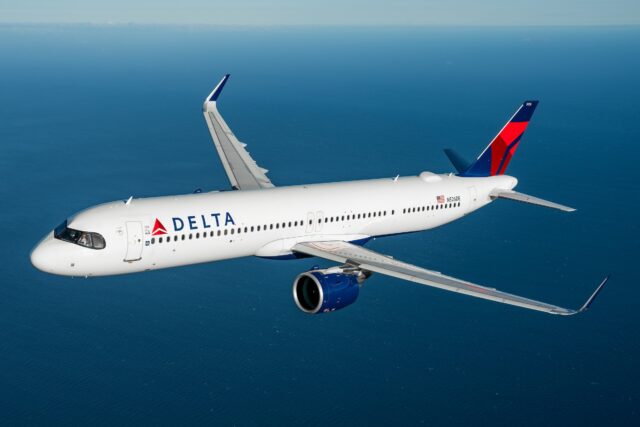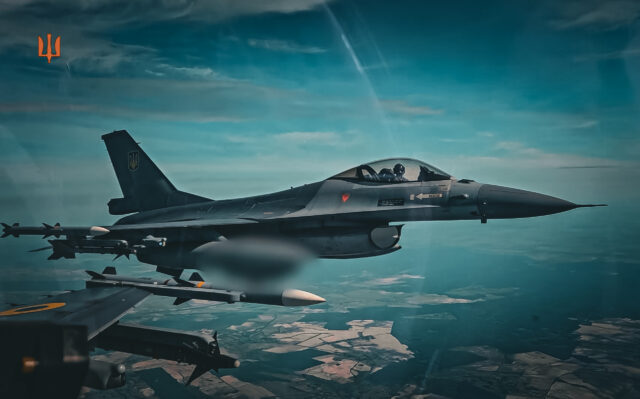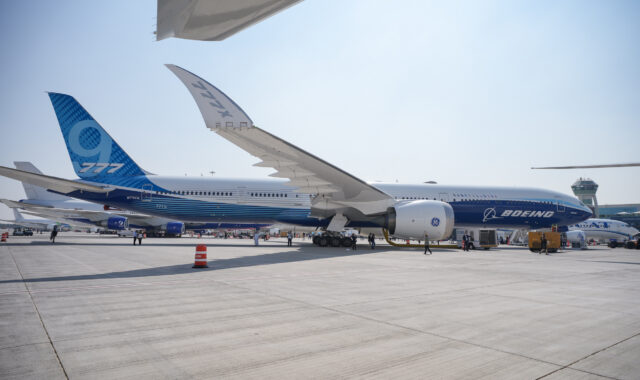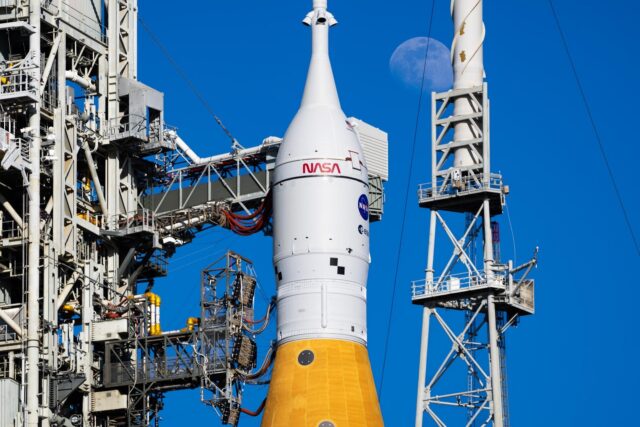
In today’s update, hospitals take the first deliveries of ventilators designed and manufactured by companies in the aerospace sector, Balform Ltd and Universal Avionics manufacture PPE for healthcare workers, IATA forecasts airline revenues will slump by $314bn and Collins puts workers on furlough.
Hospitals receive first delivery of new ventilators
Hospitals in the UK have received the first new ventilators delivered by a consortium of UK manufacturers including BAE Systems, Thales, Siemens, GKN Aerospace, Smiths, Arrow Accenture, Meggitt, Rolls-Royce, Renishaw and Airbus.
The first deliveries of the ParaPac devices, made by Smiths Medical, have been made to hospital wards over the past few days, with another device now undergoing final clinical trials. Smiths Medical production lines have been boosted by the involvement of The Ventilator Challenge UK (TVUK) group.
The model was already being built before the COVID-19 outbreak, but involvement of the consortium which also includes Formula One racing teams Mercedes, McLaren, Renault and Williams, along with the aerospace manufacturers, enabled the company to rapidly scale up production.
The group has also put its collective expertise behind improving another ventilator, made by Penlon, which is now entering it “final stage” of regulatory approval, according to the Cabinet Office.
None of the new-build ventilators have yet received approval by the Medicines and Healthcare Products Regulatory Agency (MHRA), but the Penlon-made device, is now in clinical trials and appears to be leading its peers.
UK needs 18,000 additional ventilators
According to Health Secretary Matt Hancock, the UK will need around 18,000 additional ventilators to handle the peak of the virus in the UK. The figure is down from an original estimate of 30,000 machines.
The UK currently has around 10,000 ventilators following an increase in domestic supply, along with purchases and donations from abroad. This is an increase from the existing 8,000 devices available in mid-March.
A Cabinet Office spokesman said: “The first ParaPac devices from the Smiths group were delivered to hospitals across the UK, and that does include all four nations, over the weekend and are available for use by clinical staff.
“Also, under the Ventilator Challenge, the first Penlon ventilator devices are now in hospitals and undergoing their final clinical tests.”
IATA’s predicts $314bn revenue hit for airlines
The International Air Transport Association (IATA) has revised its expected 2020 passenger revenue losses for the world’s airlines due to the COVID-19 pandemic up from $252 billion to $314 billion.
IATA’s chief economist Brian Pearce explained that the earlier forecast of a lower impact on revenue was based on traffic statistics from the last week of March, when the world’s airlines recorded a 65 per cent decline in capacity. Pearce said traffic had now slumped to around 80 per cent of capacity with expectations of an even more severe recession than previously projected.
Economists are now predicting a six per cent drop in global GDP for the second quarter of the year. IATA said the airline industry must make preparations for a more severe economic downtown.
Pearce explained: “Economists have become much more pessimistic about the global economy. Our previous impact assessment was based on the end of March forecast for global economic growth, which at the time was predicting recession but less severe than the global financial crisis [of 2008]. The expectations now are for a very severe economic downturn essentially as much of the world’s economy has been grounded effectively by the social distancing requirements.”
“That obviously affects the speed at which air travel will return in the second half of the year because jobs will be lost, confidence damaged, and incomes reduced.”
Balform creates and distributes visors
UK aircraft interiors specialist Balform Ltd is producing and distributing medical visors for healthcare staff.
The visors have been designed for comfortable prolonged use, with a foam headband providing a secure seal, offering full-face protection from fluid or spray.
Balform CEO Brian Lovelock said: “The aircraft industry is demanding, and quick responses are normal for us. As soon as this urgent need became apparent, our staff were straight onto it. Everyone knows how vital this is, and if we can play our part in the national effort, it is right to use our facilities and skills.”
“As a product, these visors are relatively straightforward – but they need to be to a very high standard and worthy of the users who will benefit from them. I am very proud of our people who have worked tirelessly on this.”
Collins imposes temporary pay cuts and furloughs
Collins Aerospace has announced temporary pay cuts for salaried employees and furloughs for its hourly employees following a drop in commercial and business travel during the coronavirus pandemic.
Its salaried workers will experience a 10 per cent cut in their gross pay cut starting June 1 through the remainder of 2020, amounting to an approximate 6 per cent decrease in their overall annual salary, according to a Collins Aerospace FAQ document.
Furloughed hourly employees will continue to receive benefits but will not receive pay for hours not worked. Specific furlough schedules will vary for employees across Collins Aerospace sites worldwide.
Collins Aerospace said its military business has remained strong during the pandemic but around 75 percent of its business is driven by commercial and business travel.
Universal Avionics manufactures face shields
Universal Avionics is assisting its local community in Tucson by providing healthcare workers and first responders with visors and face masks. The company is currently providing the non-profit group, Hope Worldwide (Tucson Chapter), with assembly line space at their Tucson Headquarters.
Steve Pagnucco, Vice President of Operations at Universal Avionics, said: “This plan was developed in coordination with the University of Arizona, City of Tucson, Pima County, and the Arizona Technology Council, and is a great example of our community coming together. Within one week of reaching out to our partners to see how we could help, we had an assembly line safely set up to produce much needed personal protective equipment.”
















